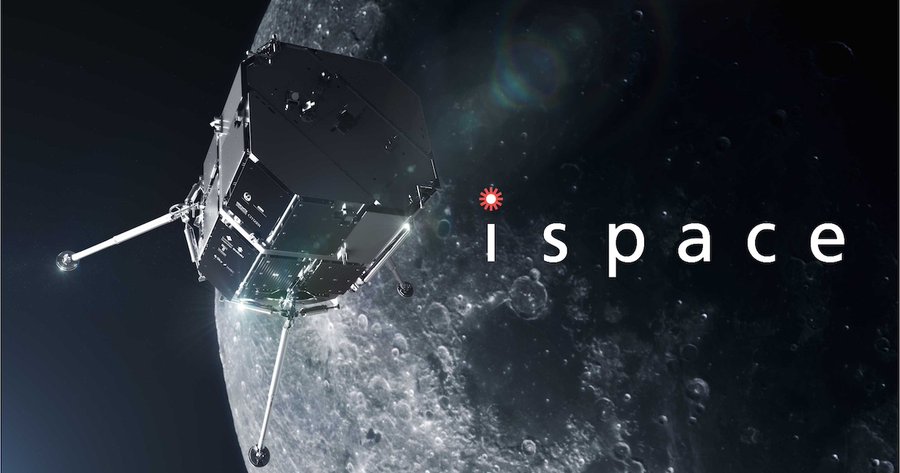Science News Roundup: U.S. astronaut Rubio says 'good to be home' after landing in Kazakhstan; Japan's lunar startup ispace delays NASA-sponsored mission to 2026 and more
Researchers said on Wednesday they have demonstrated for the first time that antimatter responds to gravity the same way matter does - by falling, as one might expect - in an experiment that once again buttressed physicist Albert Einstein's bedrock theory of general relativity.

Following is a summary of current science news briefs.
U.S. astronaut Rubio says 'good to be home' after landing in Kazakhstan
U.S. astronaut Frank Rubio, who broke the record for the longest continuous space flight by an American, and two Russian cosmonauts landed in the steppe of Kazakhstan on Wednesday after more than a year on the International Space Station (ISS). Their Soyuz MS-23 capsule undocked from the ISS a minute earlier than scheduled, and took around three and a half hours to make it down to Earth, landing southeast of the city of Zhezqazghan.
Japan's lunar startup ispace delays NASA-sponsored mission to 2026
Japan's lunar transport startup ispace inc said on Thursday it would postpone a future moon landing mission by a year to 2026 to better prepare for a commission by U.S. agency NASA, as well as deal with component supply delays. Tokyo-based ispace attempted its first lunar landing with the Hakuto-R Mission 1 spacecraft in April, which failed due to an altitude miscalculation. The Financial Times had reported earlier this month that months of corporate turmoil preceded the mission's failure.
Right again, Einstein! Study shows how antimatter responds to gravity
In the world of "Star Trek," the starship Enterprise zips through space using a warp drive that harnesses antimatter. Suffice it to say, such technology remains in the realm of science fiction. But scientists are making important strides toward better understanding antimatter. Researchers said on Wednesday they have demonstrated for the first time that antimatter responds to gravity the same way matter does - by falling, as one might expect - in an experiment that once again buttressed physicist Albert Einstein's bedrock theory of general relativity.
ALSO READ
NASA's First Medical Evacuation from Space
Astronaut's Early Earth Return Marks NASA's First Medical Evacuation
Historic Medical Evacuation: NASA's Pioneering Astronaut Mission Cut Short
SpaceX Capsule Returns Amid Medical Mystery: NASA's First Emergency Return
Historic Medical Evacuation: NASA's Swift Response










